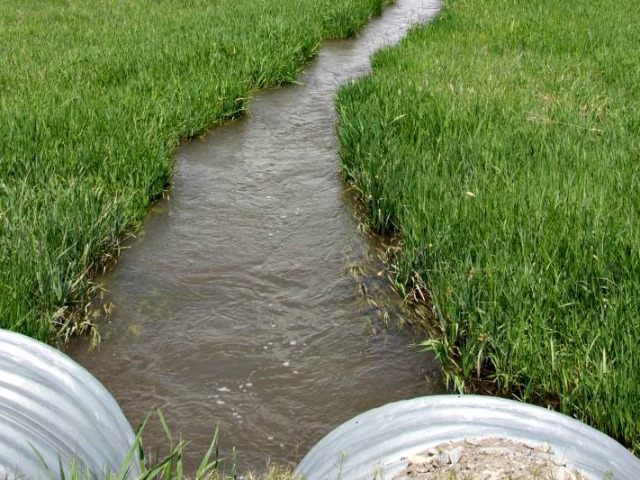The U.S. House of Representatives passed the Energy and Water Appropriations Bill Friday morning to provide more than $35 billion dollars in federal funding for fiscal year 2016 for nuclear and environmental weapons activities, Army Corps of Engineers, and the Department of Energy.
The Heritage Foundation recently spoke out against the high dollar spending.
“While the bill includes a number of policy riders, the increase in spending is excessive,” wrote research fellow John Gray. “A number of programs with poor track records or missions well beyond the scope of the federal government continue to receive funding, and some even receive increased funding. In other cases, the bill reduces spending for programs that should be eliminated.”
The bill does prevent the Army Corps of Engineers from spending any of the funding to implement what is called the “Waters of the United States” rule. This rule would expand authority to the EPA and the Army Corps of Engineers over bodies of water such as ponds, creeks, and ditches – even those found on private property. Rep. Kevin Cramer (R-ND) said:
While this provision only prevents implementing the WOTUS rule for the next fiscal year, I’m working with other Members on a long-term solution to provide landowners and producers certainty the federal government will not have this expanded authority to control their private property. I expect to see this long-term solution on the House floor for a vote very soon. This administration’s goal is to have jurisdiction over every puddle or could be puddle on every farm in every state. This is a gross violation of private property rights, it is a breach of states’ rights, and the American people will not tolerate it.
The bill is designed to increase nuclear national security, scale back job-killing overregulation, invest in infrastructure and manufacturing, and advance investments in renewable energy development.
It also permits firearm possession on land under the authority of the Corps of Engineers.

COMMENTS
Please let us know if you're having issues with commenting.